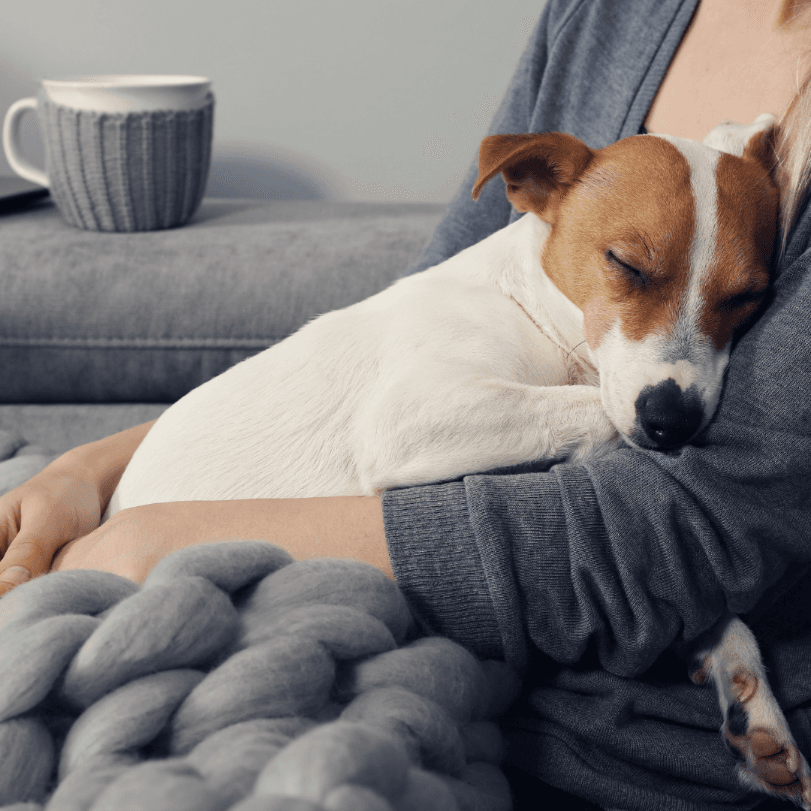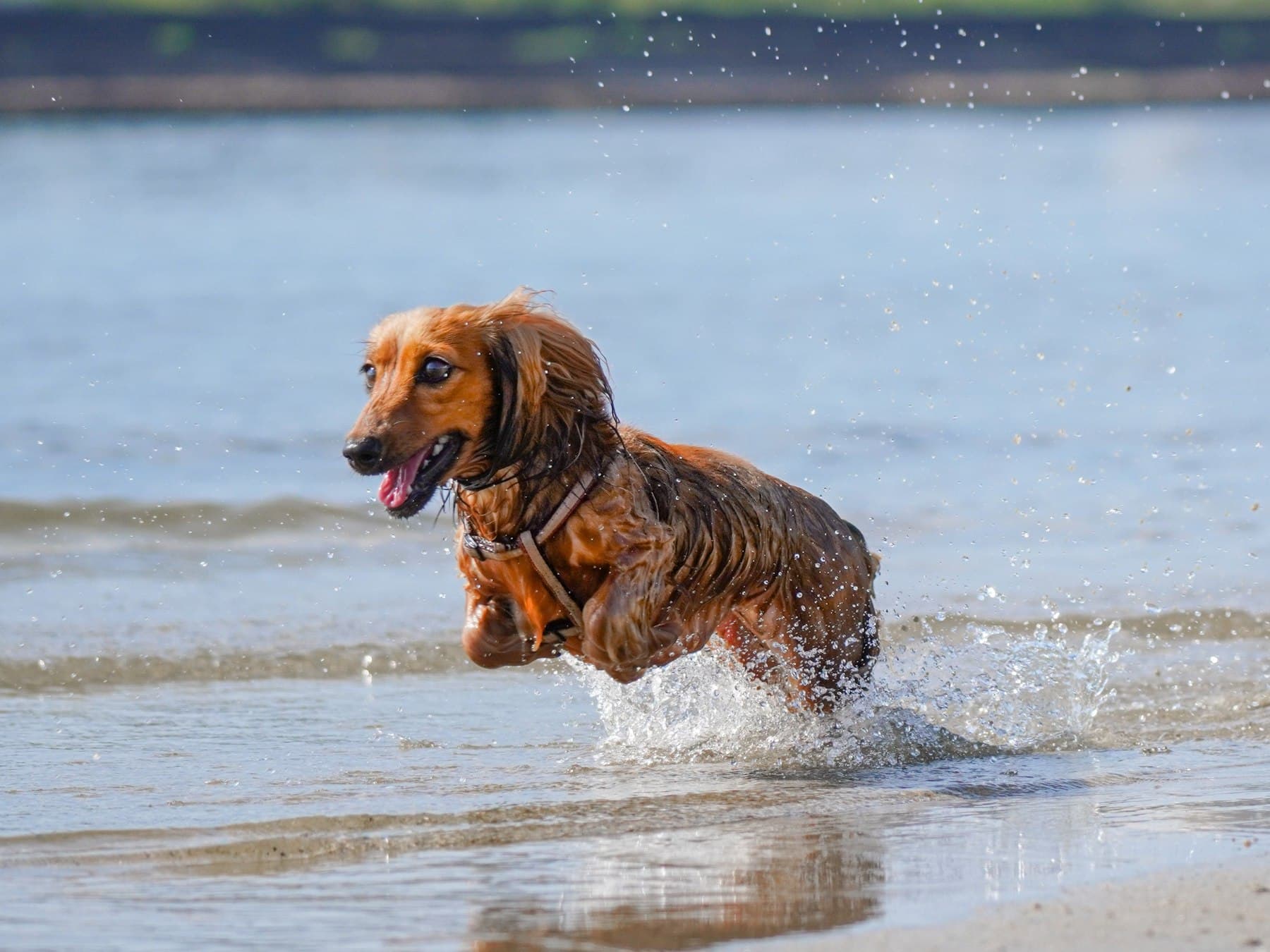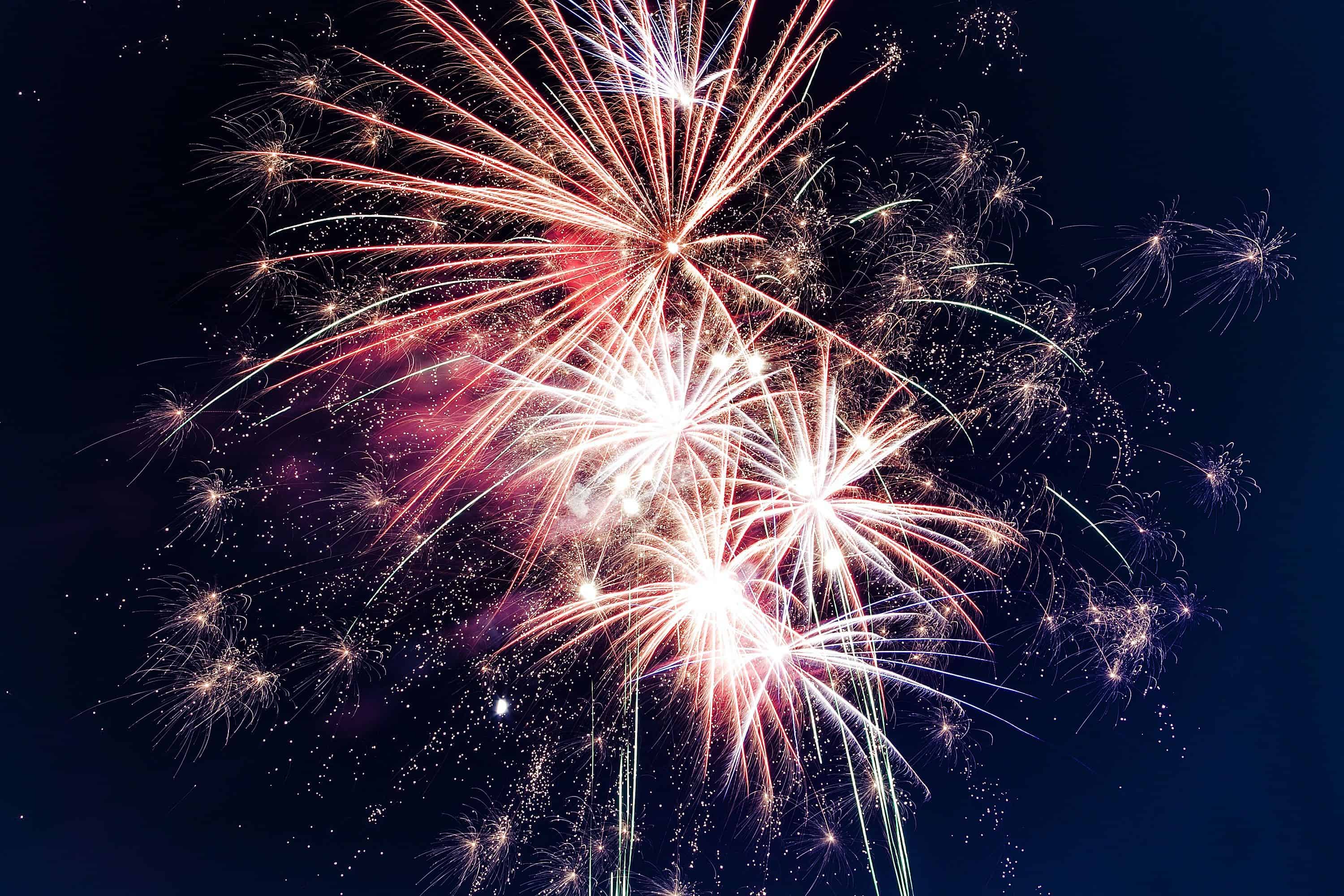
Why is my dog afraid of loud bangs? How can I help my dog during fireworks? What is desensitisation? How do I know if my dog is stressed by loud noises? Manchester Dog First Aid expert Gemma Vale answers all of these questions in her thought provoking blog.
Yes, its August and I’m already writing about fireworks! In order to set our dogs up for success during the firework season, we need to start putting the work in now. The aim is to try to desensitise them to the sounds and prepare our house as a safe place for our four-legged family members.
Here are some of my top tips for Firework season.
Habitualise
Did you know you can purchase a CD with Firework sounds? You can also get firework sounds from places like Spotify or YouTube. I’ve included a link here Fireworks Sounds – (Please do not try this if your dog is extremely noise phobic as it may make the situation worse – instead, enlist the help of a trained behaviourist/trainer)
To try to desensitise your dog to fireworks noises, start playing these sounds daily. Start with a very low volume, and once your dog is comfortable at that sound level, turn the volume up slightly. Again, wait till your dog is comfortable with the fireworks at that level and then once they are, you can increase the volume again slightly (this can take a period of days rather than minutes).
Don’t forget to acknowledge your dog’s calm behaviour. It is good practice to teach our dogs to ‘settle’ and be calm. Reinforce the behaviour you want by rewarding calm and relaxed body language with lots of treats or play.
While you are playing the firework sounds, go about your normal day – remember, we want to ‘normalise’ these sounds. As your dog is acclimating, do everything you would do normally - Watch TV, read a book, clean the house, relax on the couch, but remember to be on hand to praise and comfort your dog as required.
Be aware, this process will take time and patience and can be repeated at different times of the year to ensure your pup remains desensitised to the noise. It’s not an overnight fix, it’s a consistent training activity.
Don’t worry if it doesn’t work this year, you can practice all year round. Remember to wait till your dog is comfortable and acting normal before increasing the volume. If your dog is showing any stress signals, lower the volume and start again. Stress signals may be obvious like hiding, shaking or cowering but can also be subtle like lip licking and yawning. The aim is for your dog to become so used to the sounds that they no longer respond to them. This process is called habitualisation.
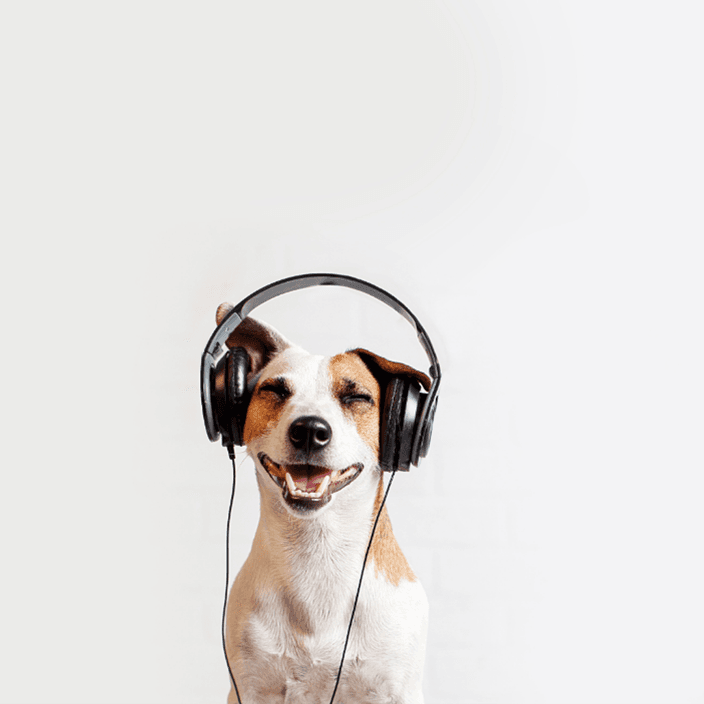
Research: Check out when and where firework displays in your area are taking place so that you know when to expect them. Also check with the neighbours in your street if they are planning any bonfires and when!
Feed Early: On evenings when fireworks can be expected, you should feed your dog nice and early. Dogs who are stressed and scared are less likely to eat, and this can make a bad situation worse for them as they are then not only scared but they are hungry too. Ensure there is plenty of water available as an anxious dog who is panting a lot is likely to be thirsty.
Daylight Walks: Get out nice and early on your walkies so your dog can relieve themselves in the safety of the day. Why not do something fun too! It would be ideal to try to tire your dog out if you are expecting fireworks in the evening. The basis for this; a tired dog might be more inclined to sleep through the noise than a dog full of energy who may be more likely to focus solely on the noises that they find scary.
Shut windows, doors, and curtains: Shut out the world outside! Make your home a place of security for your dog by reducing the noises and flashes of light from outside.
Create a safe place / den: Dogs like somewhere safe that they can retreat to when they get scared, or even when they’ve had enough of a situation. It’s good to create somewhere nice and cosy for them, preferably something that has sides and a roof, with plenty of comfortable blankets and easy access to food and water to give them that extra security they need. It’s a good idea if it’s a crate to cover the roof and sides with blankets to make it a little bit darker inside for them. Do this long before firework nights are upon you so that your dog gets used to this as their safe place.
Don’t shut your dog out or in a room on their own. Remember they will look to you for reassurance, and you want to be close at hand with plenty of treats and their favourite toys to comfort them and praise them. This will make sure they feel at ease and show them there is nothing to be afraid of. Never ignore them when they are scared, and if your dog comes to you for comfort then please do offer it to them.
If your dog chooses to hide under the bed or behind the couch, don’t try to force them out to ‘face their fears’ as you may cause the dog more unnecessary stress.
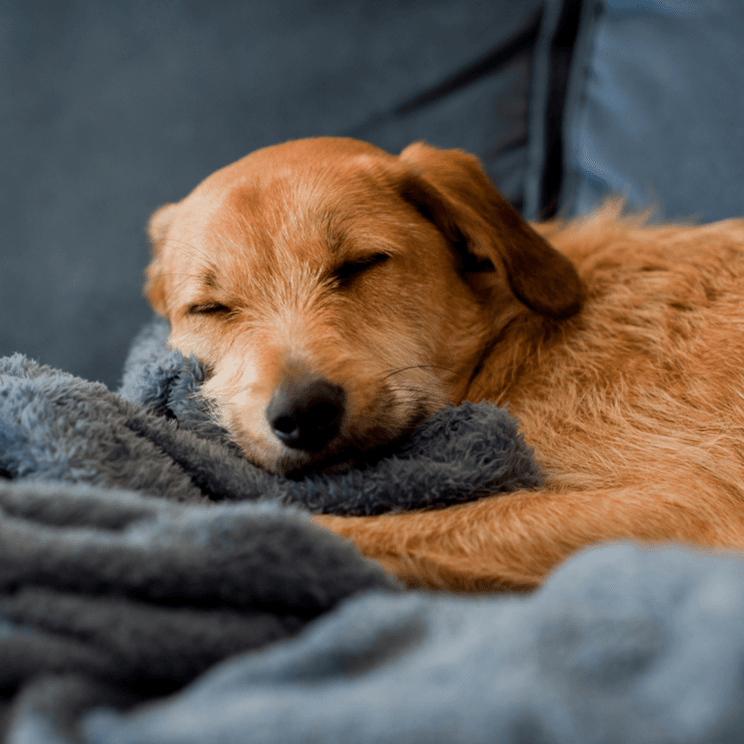
YOU! Don’t forget your dog looks to you for reassurance. Therefore, it is important that YOU are nice and calm, giving out a wonderful relaxed and positive energy. If you are giving the impression that there is absolutely nothing to fear, your dog will hopefully take that as a sign that they too can relax.
Thunder Shirt
You may want to consider investing in a thunder shirt. These devices apply gentle reassuring pressure to their chest to regulate their breathing and calm their anxiety.
Avoid the Garden
It is not a good idea to allow your dog in the garden while fireworks are going off as they may become spooked and in a frenzied panic, they may injure themselves or try to escape making a bad situation a lot worse. Walk them before dusk as detailed above in point 4.
Consult your vet
You may want to speak to your vet if you think your dog may benefit from medication during the noisy seasons.
Patience
It is natural for your dog to be afraid of loud noises and bangs as well as the smell of explosives in the air. Don’t forget, their hearing and smell is so much more attuned than ours and they have an instinctual hard-wired survival instinct. We must remember that patience is key and keep working with our dogs to make sure they know that they are safe with us, in their home.
